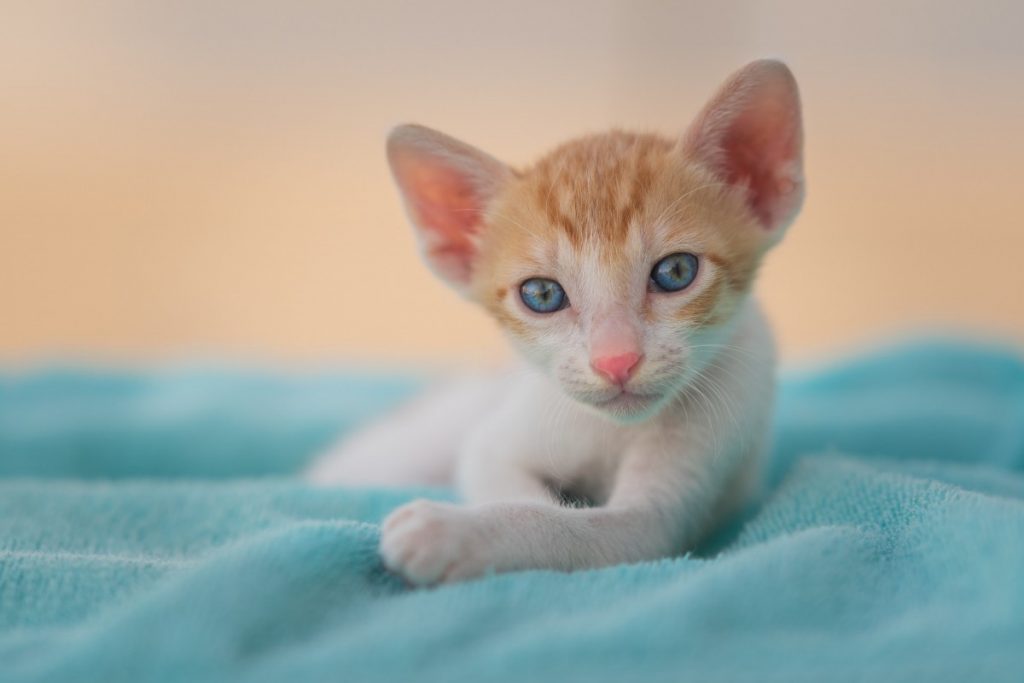Pet’s Health: Could your aromatic scents and diffusers be harmful to your pet’s health?
Your house may smell like a summer flower garden, but your dog could be driven up the wall about it. The Animal Welfare League Queensland tells us what we need to know about your pet’s health. The popularity of oil diffusers has exploded. They are an easy way to release fragrant oils into your home. But lately, there has been an emergence of alarm about how these oils may affect pet health in the home. In their concentrated form, essential oils can be a danger for pets.
The Animal Welfare League: Looking our for Pet’s Health
Animal Welfare League Queensland (AWLQ) is here to assist us with keeping our furry companions happy and healthy around essential oils and diffusers. Essential oils are typically extracted from certain compounds within a plant and have a powerful fragrance or essence of that plant. For a long time, they have been a popular remedy for a number of ailments including nasal congestion, anxiety and sore muscles.
Essential Oils and Diffusers Affecting Your Pet’s Health?
People love their pets, so it is natural that people who also love their oils are seeking alternatives to other pet-cleaning or pampering products. Unfortunately, while many essential oils are beneficial for humans, they are often harmful to pets.
This also applies to oils that you are not placing directly on your pet but may be using in a diffuser. Some oils are more harmful than others however, there are several factors that affect this such as concentration level and what the product is mixed with. Due to the variability in concentration, formulation, and possible quality of essential oils, it is best to completely avoid directly applying them to your pet.

Harmful to Cats
Oils that are harmful to cats include, but are not limited to:
- Wintergreen
- Sweet birch
- Citrus
- Pine
- Ylang ylang
- Peppermint
- Cinnamon
- Pennyroyal
- Clove
- Eucalyptus
- Tea tree
- Thyme
- Oregano
- Lavender
Harmful to Dogs
Oils that are harmful to dogs include, but are not limited to:
- Cinnamon
- Citrus
- Pennyroyal
- Peppermint
- Pine
- Sweet birch
- Tea tree
- Wintergreen
- Ylang ylang
- Anise
- Clove
- Thyme
- Juniper
- Yarrow
- Garlic
Symptoms
There are several common symptoms of poisoning in pets. A good rule of thumb as a pet owner is to stay alert if you see any changes of behaviour in your animal. Here are some other symptoms to watch out for:
- Difficulty breathing
- Drooling
- Fatigue
- Weakness
- Difficulty walking or stumbling
- Muscle tremors
- Pawing at the mouth or face
- Redness or burns on their lips, tongue, skin, or gums
- Vomiting
Tips For Your Pet’s Health
If you think your pet has come into contact with an essential oil the key is to act fast and seek veterinary treatment immediately. Be sure to also follow these tips:
- If the oil is on your pet’s fur or skin, wash it off immediately.
- Do not give your pet any treatments without a vet’s approval.
- Take the oil with you to the vet so they know what they are dealing with.
Using an oil diffuser for a short time period in a secured area – one that your dog or cat cannot access – is not likely to be an issue to your pet’s health. However, if your pet has a history of breathing problems, it may be best to avoid using one altogether. Keep in mind, that your pets have a much better sense of smell than we do, so something that seems light to us may be overwhelming to them. If you do decide to keep your diffuser, ensure that it is in a place where your pet cannot knock it over and potentially expose themselves to the oils. The best way to avoid exposing your pets to dangerous substances is always to err on the side of caution and by pet-proofing your space.

September is National Desexing Month!
The National Desexing Network (NDN) is an initiative of Animal Welfare League Queensland. It is an Australia-wide referral system giving pet owners in financial need access to low-cost desexing. The goal is to end pet overpopulation by making desexing available and more affordable to pet owners who need it most. If you are a pet owner, you could be eligible for discounted desexing for your pet. Contact the NDN team on 1300 368 992 or visit ndn.org.au to find participating vets in your area.

Are you worried about your own health as well as your pet’s health? Check out this article about erectile dysfunction and see if you suffer from the symptoms included in the feature.

Editor for Silver Magazine Gold Coast

